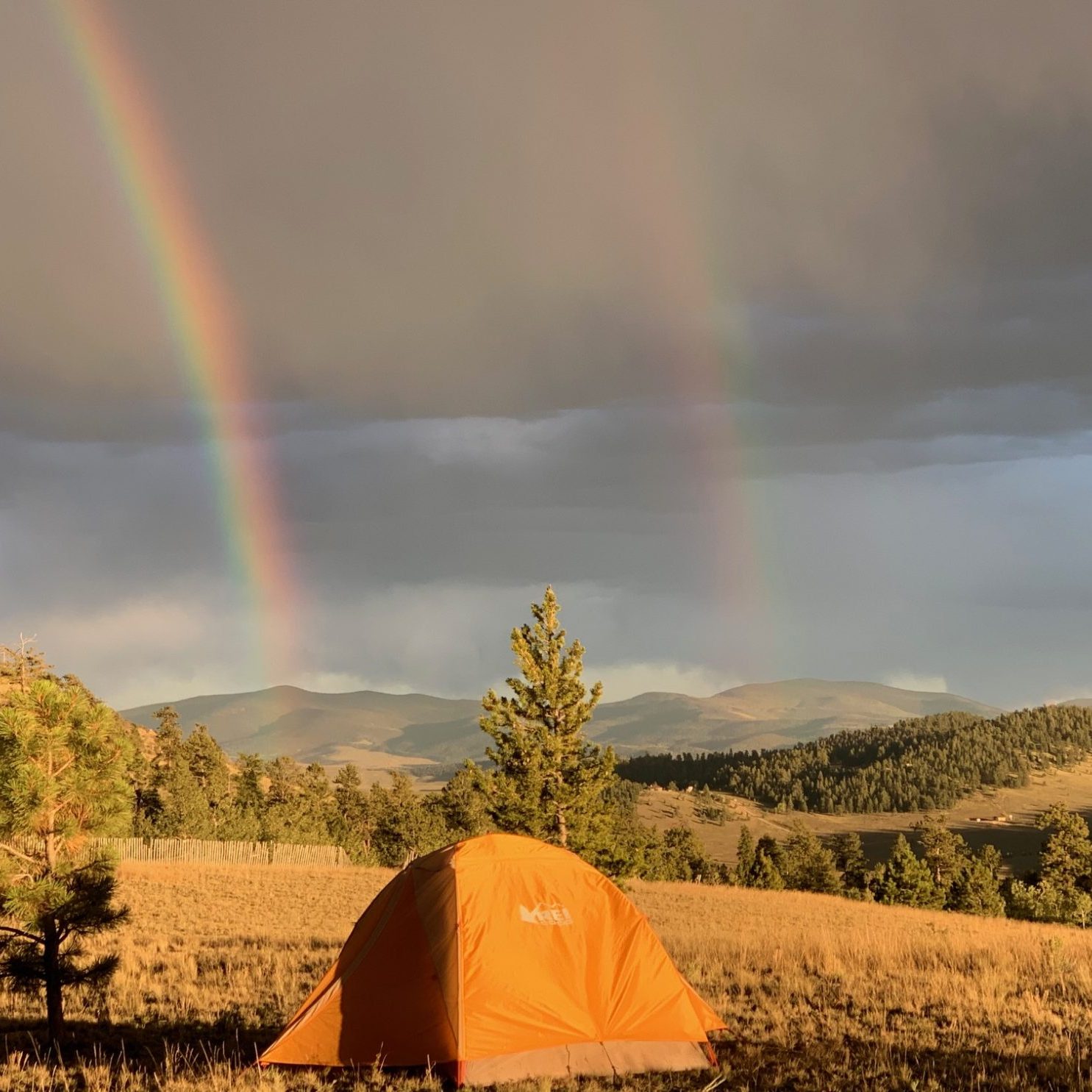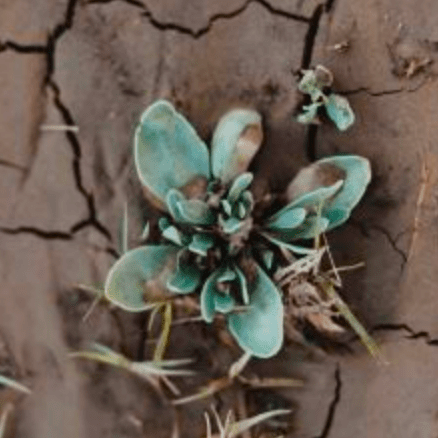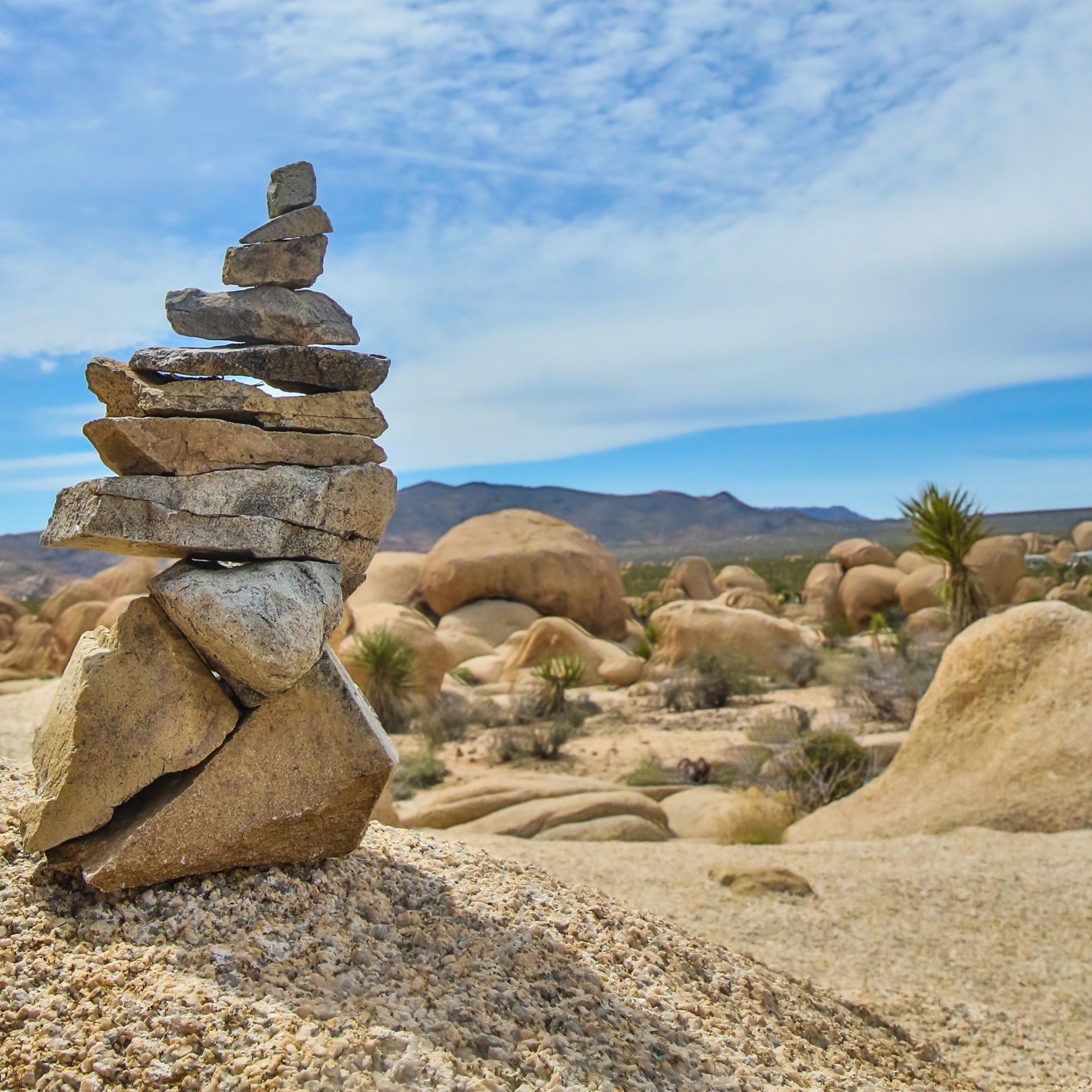CULTURAL RELATIONS
As an organization, the School of Lost Borders is committed to introducing participants and trainees to the important history of First Nation peoples in the many places where we hold our programs. We acknowledge much of our work, including our headquarters, are in Payahuunadü, the ancestral, historical and contemporary homelands of the Nüümü and Newe peoples.
We make it a practice to look for ways to say thank you, not only to the land, but to the community. Some guides contribute time, energy and funds to indigenous organizations as well as other efforts focused on social justice, healing, and the restoring of right relations.
Accessibility

While the programs at the School of Lost Borders are inclusive to all people, we recognize the need to have programs anchored within particular communities, such as Queer specific programs offered for the LGBTQ2IA+ community, veterans, women, men, youth, and elders. In these spaces, there is often a strong container of shared experience, which provides added safety and can be very healing.
We know that similar identity-specific programs are needed for BIPOC and other identity groups not currently served in this way by the School. We are working towards wholeness, creating more access and more representation within our own guide collective, and more inviting spaces for systematically marginalized communities in our organization and work.
Relationship
We strongly encourage people to learn about their own ancestry and roots, knowing that ceremony comes through relationship and deep connection with people and place. At the same time, we acknowledge that it is a privilege to know, and have access to records of one's own ancestry.
With that, our work is focused on offering all people an opportunity to experience belonging on this earth. To feel a part of, and not separate from nature. As this relationship is remembered, marked and celebrated, we hope that all cultural identities and traditions can co-exist a bit more peacefully.

Solidarity Statement

We at the School of Lost Borders are aware that our work exists within a context of challenging and often painful issues related to justice, equality, diversity, and inclusion. These issues touch on race, ethnicity, gender, class, and other categories. They also touch on our relationships with the lands where our programs take place and the complex cultural relations with the traditional peoples of those lands.
We are in deep exploration about how to understand and contribute to healing from these issues. We remain committed to welcoming all those who are called to our programs and to doing our part to remove any barriers to responding to this call.
We are committed to actionable change, social justice, and regenerative relationships with all beings and the land.
We honor the Indigenous peoples of all of the lands where we work.
We are committed to and engaged in active listening and learning and our work is ongoing. We welcome input and feedback and will continue to share as we go.

*Payahuunadü is the Nüümü and Newe peoples word for the so-called Owens Valley, roughly translated as “the land of flowing water.”
